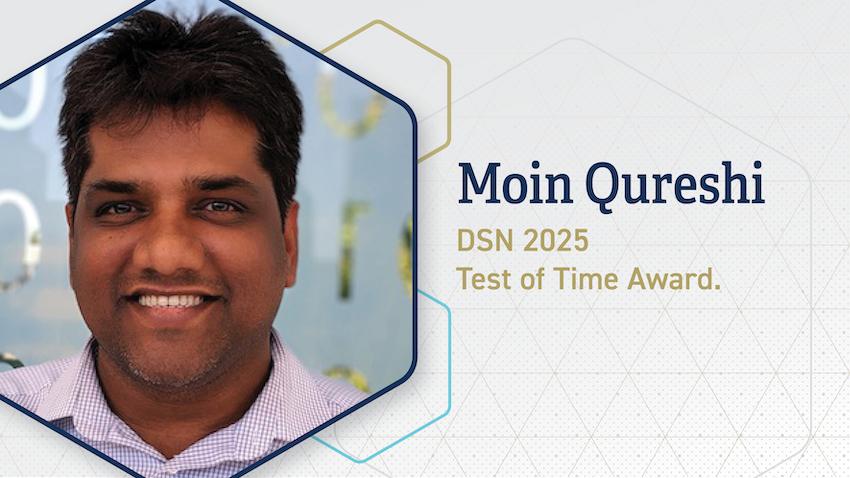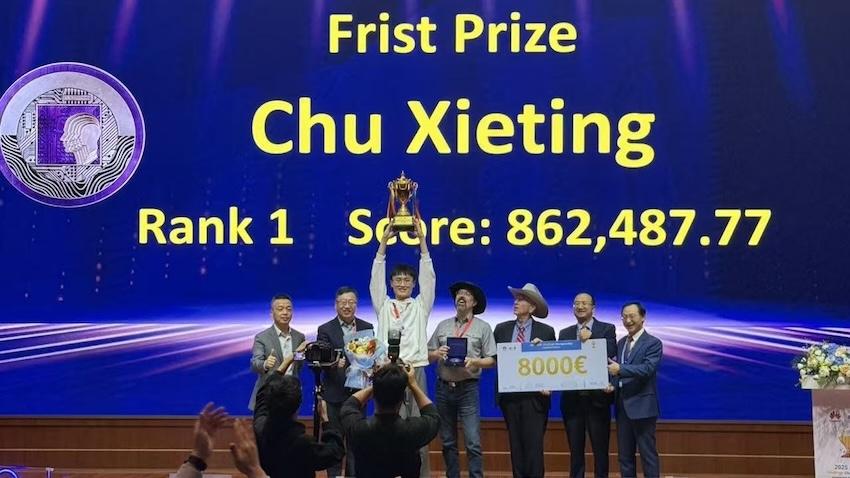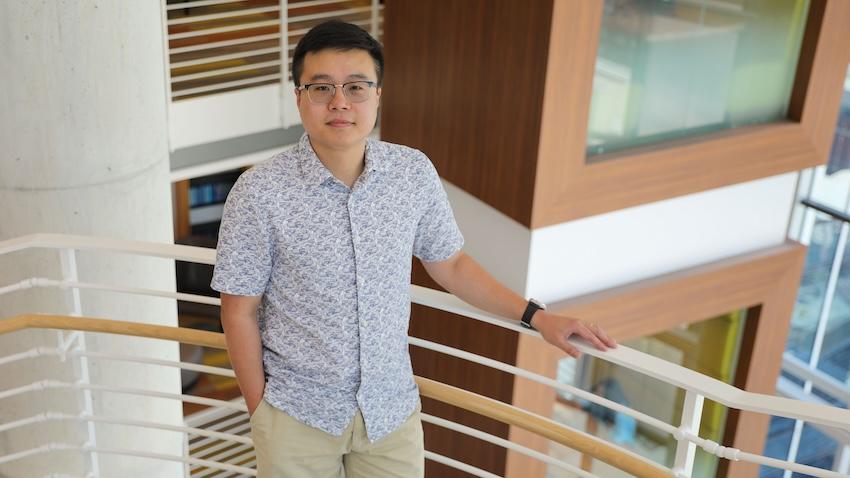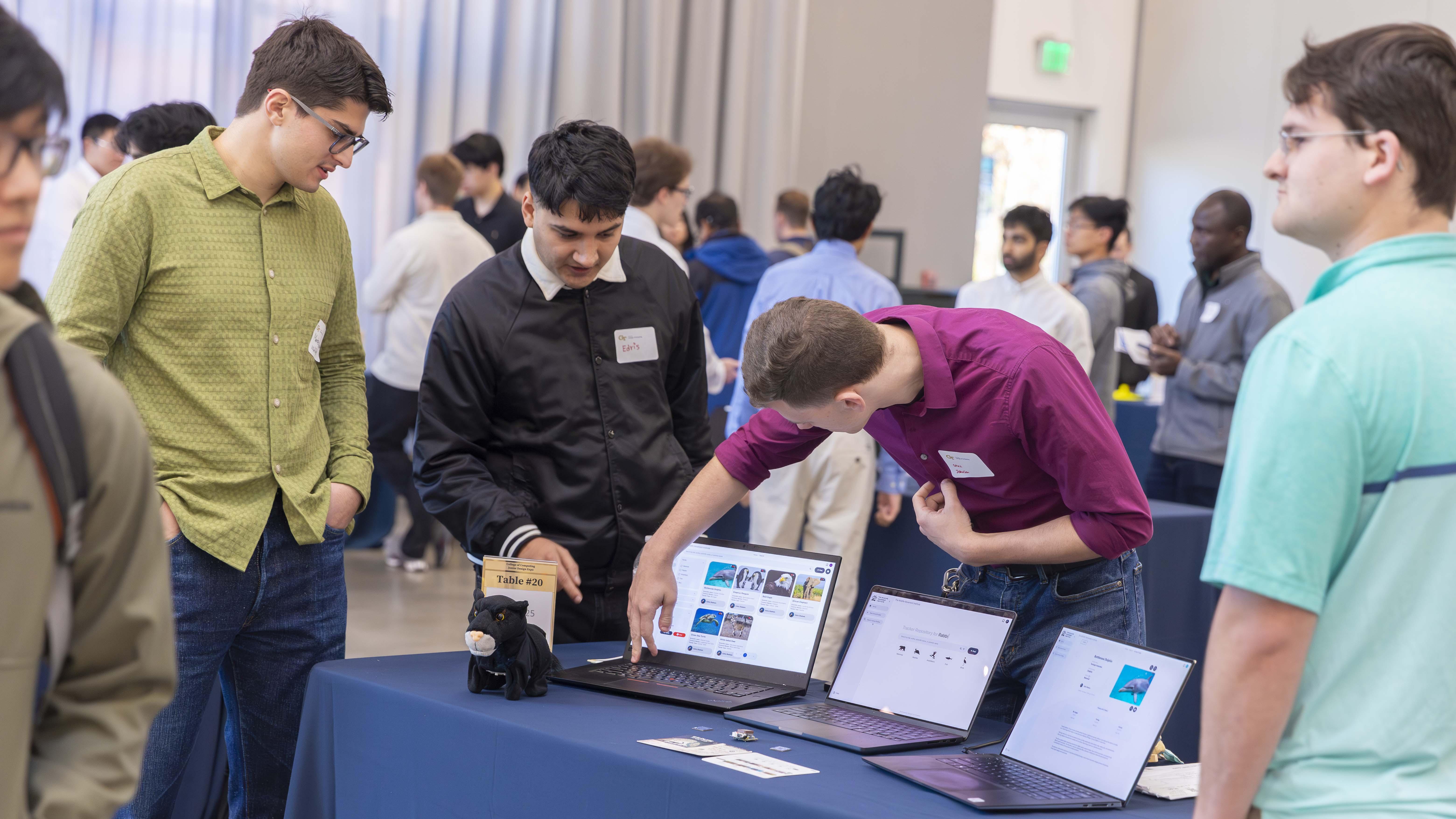
Professor Awarded for Lasting Impact on Memory Research
Professor Moinuddin Qureshi was recently honored for a paper that continues to influence memory chip efficiency nearly a decade after publication.
The paper, AVATAR: A Variable-Retention-Time (VRT) Aware Refresh for DRAM Systems, was awarded a test-of-time award at the 55th Annual IEEE/IFIP International Conference on Dependable Systems and Networks (DSN 25).
Qureshi’s paper offered the first robust solution for enabling multi-rate refresh rates in dynamic random-access memory (DRAM) chips.
When the paper was published, data in DRAM needed to be refreshed every 64 milliseconds to prevent data loss due to charge leakage. However, most DRAM cells retain a charge beyond this interval, with only a small number of “weak cells” requiring frequent refreshes.
This observation led to the development of multirate refresh, where strong cells are refreshed less frequently than weak cells, improving system energy efficiency. The issue with this solution is that it is limited by variable retention time (VRT), which causes cells to weaken unpredictably.
The AVATAR paper addressed this issue by implementing error correction codes (ECC), which identify when specific cells are weak and need to be refreshed. Historically, ECC and refresh functioned in isolation, so a key innovation in the AVATAR system lies in their coordinated operation to create a more robust and efficient solution.
“Emerging workloads, especially in artificial intelligence, are increasingly constrained by memory capacity and bandwidth. Achieving higher-density, high-bandwidth memory solutions will require addressing the reliability challenges associated with them. Coordinated cross-layer solutions can best solve this,” Qureshi said.
Since its publication, AVATAR has inspired further work on reducing DRAM refresh rates and efficiency. DRAM refresh intervals have halved to 32 milliseconds in modern systems, and DRAM chips now feature on-die ECC.
“We are in a field where simple insights can cause a big impact,” Qureshi said. “That’s one of the hallmarks of engineering: you can come up with very complicated solutions that people don’t use or, if you really want an impact, you find something that is simple and implementable.”
This work was done in collaboration with Qureshi's former Ph.D. students, Daehyun Kim and Prashant Nair, and his collaborators, Samira Khan and Onur Mutlu, who were both at Carnegie Mellon University at the time.
This is the second test-of-time award Qureshi has received in the past year, having also received the accolade at the 57th IEEE/ACM International Symposium on Microarchitecture in November of 2024.


